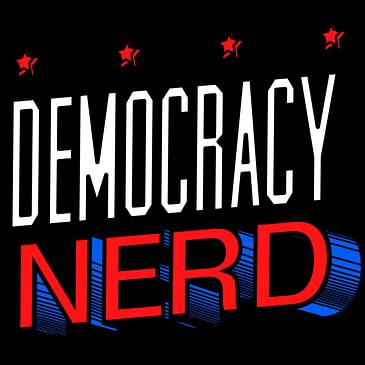In the latest episode of the Democracy Nerd podcast, host Jefferson Smith engages in a thought-provoking conversation with Eliza Jane Schneider, a renowned dialect coach and operator of the Internet Dialect Database. The focal point of their discussion revolves around the intricate concept of freedom of speech and its implications in contemporary American society.
Drawing from her extensive experience in the field of dialect coaching, Eliza sheds light on how Americans grapple with effective communication. She emphasizes the crucial role of listening as a fundamental component of freedom of speech, highlighting the challenges people face in truly understanding each other.
Eliza challenges the prevailing notion of "cancel culture" and positions freedom of speech as its antithesis. Drawing on her unique perspective gained from working with Matt Stone and Trey Parker as a voice actress on "South Park," she offers insights into how creative expression can thrive when free speech is embraced.
One fascinating aspect of the conversation is Eliza's one-person play, "Freedom of Speech," inspired by her extensive experience conducting over 7000 interviews spanning 30 years. Through this lens, she explores the nuances and complexities of free speech, providing a unique and compelling perspective on the subject.
Overall, the episode delves into the multifaceted nature of freedom of speech, examining its connection to effective communication, the challenges posed by cancel culture, and the influence of creative endeavors like "South Park" on shaping our understanding of this essential democratic principle.
Learn more about Eliza's play "Freedom of Speech" here
If you are in the Portland, Oregon area on Saturday, January 4th, come and see Eliza perform at the Alberta Abbey

